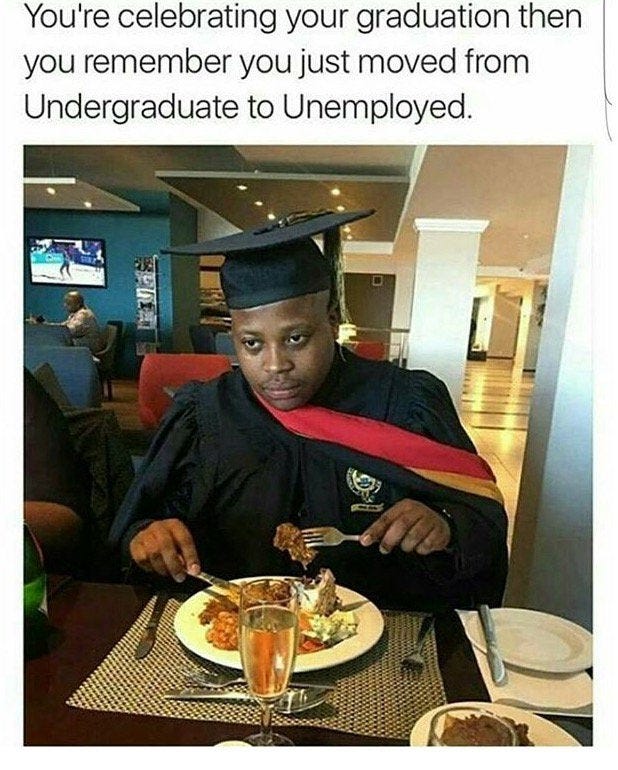- Published on
Thanksgiving Turkey
My mom, who teaches public speaking to engineering graduates, told me that the program had not met its objectives. Is there anything they could do to change the course?
Context:
My mother teaches public speaking and communication to engineering students.
This program aims to get more people hired.
**Current World: **
Engineering graduates in India (Tier 2 and Tier 3) have limited options when they graduate.
Their network is largely teachers, and their opportunities are limited to what college has to offer.
**New world: **
Engineering graduates have many options before they leave college.
They establish relationships not only with academics, but also with people in their fields of interest who want to work with them
What is missing?
Until Thanksgiving, Turkey has a great life.

Engineering graduates are the same.
After 4 years (some even longer) of "fun", they have to look for a job.
Here are a few things I wish I had known before I graduated.
1. Competency
The reason engineering graduates aren't getting hired (I assume) is because they don't have a key competency that they have developed over 4 years.
The college years are meant to be a cradle for discovering what you love and want to dedicate your life to. Academics have nothing to do with it. If it is art, then you would want to devote a significant amount of time to it.
Competence breeds confidence.
2. Critical Thinking
Most of school and engineering is about getting to the "right answer". Either it is 100% correct or 100% incorrect. There is no middle ground. Outside of academia, things are more nuanced and grey than black or white.
If you are a fan of Elon Musk or first principles thinking, this is what critical thinking is all about.
Writing is the best way to develop critical thinking. Particularly long form writing.
To make it easier to acquire this skill, here's a tip: If you're going to become competent at anything, you'll run into many obstacles.
For e.g.,
You found a library to solve a problem that no one knows about, but it solved the problem for you.
-
Write about it.
-
Write how you got to the problem, what were the alternatives you searched for and tried.
-
What was the final solution you settled for and why.
3. Leveraging existing networks
My first job came from a person I knew personally for years. I was searching for a job, he was hiring for his startup. He was able to trust me, and the process was completed in a day. Many people getting recruited leveraged the college network.
The fact that you know stuff doesn't mean much if no one knows it.
The skills you'll develop in the 4 years are mostly in the shadows. Isolated. You can, however, provide proof of work throughout college and make it very easy for employers to see.
If you have 1 and 2, this step will be very easy.
If you do long form writing, publish it.
If you are good at recording, editing and speaking then upload it to Youtube.
Join Linkedin and share the links.
You don't have to be great when you start, but you can improve as you go.
Hiring competent people is one of the key problems in startups. Publish the work, share it on twitter/linkedin... it is possible that someone will find you. Even if they don't, you can use it as a reference for an interview.
The goal of the interview process is to identify your level of competence. Sharing proof of work in these networks makes it easier for them to make a decision.
Peace :)
